I have a Delphi 10 project using the latest version of EurekaLog. I'm currently using EurekaLog to help me debug problems in my production clients.
I noticed that EurekaLog wasn't registering errors that happened within threads. After I started reading up on it, I found that I need to change from TThread to TThreadEx, and add the following code at the start of my Execute overriden method.
SetEurekaLogStateInThread(ThreadID, true);
Despite this, when an error happens, it does not generate an event in the EL file.
If I add ExceptionManager.StandardEurekaError('TThrdSincArquivos.Execute => ' + ex.Message); on the try..except, it does log. But the stack trace is displayed as if the error occurred on the line where I call StandardEurekaLog(), not on the line where the error actually occurred. This defeats the purpose of the whole thing.
Another problem is that it displays a dialog box, which I don't want, since the error occurred inside a background thread. I just want it logged. I should get a dialog only with errors on the main thread.
How can I achieve theses results within the thread?
Actually log the error with the correct stack.
When on the main thread, display the dialog, but within a thread, just log with no dialog.
EDIT
Below is my EurekaLog Muti-threading configuration
Here is my thread declaration:
unit ThrdSincArquivos;
interface
uses
System.Classes, System.SysUtils, System.Generics.Collections, REST.Client, REST.Types,
System.JSON, Data.DB, Datasnap.DBClient, FireDAC.Comp.Client, FireDAC.Stan.Param, System.SyncObjs, EBase, EExceptionManager, EClasses;
type
TThrdSincArquivos = class(TThreadEx)
private
My thread's Create
constructor TThrdSincArquivos.Create(pPrimeiraExec: boolean; tipoSincParam: TTipoSinc);
begin
inherited Create(true);
NameThreadForDebugging('TThrdSincArquivos');
primeiraExec := pPrimeiraExec;
tipoSinc := tipoSincParam;
executadoThreadSinc := false;
FreeOnTerminate := true
end;
The start of my Execute
procedure TThrdSincArquivos.Execute;
var
contador: Integer;
begin
inherited;
try
and the end of the Execute
except
on ex: Exception do
begin
oLog.GravarLog(ex, 'TThrdSincArquivos.Execute => FIM');
end;
end;
end;
It refuses to log any exception to the Elf file. I tried to add a raise after my own log routine, but it still didn't help. It should log, but it isn't, unless I explicitly call the StandardEurekaError, but I get the stack wrong, and I get the dialog.

